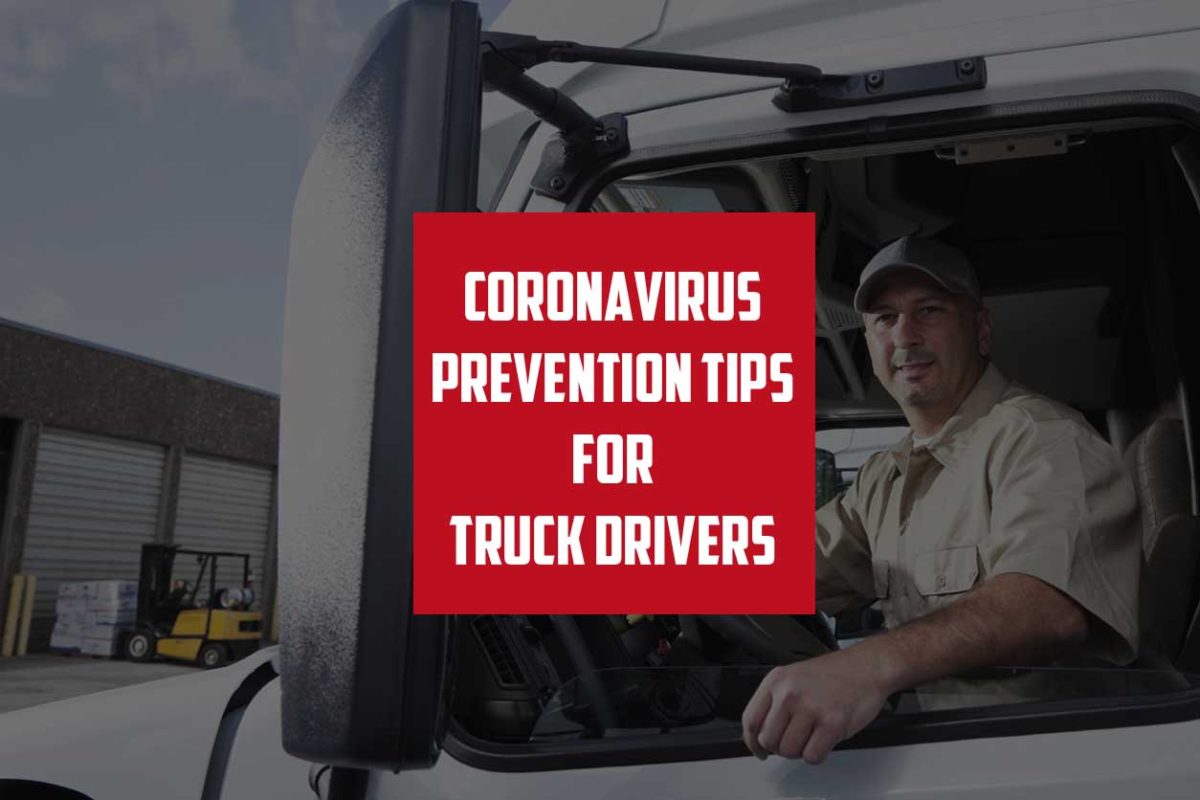Coronavirus Prevention Tips For Truck Drivers
Companies across the US are requiring their employees to work from home as a response to the novel coronavirus, which has infected more than 123,000 people and killed more than 4,500.
But one of America’s largest and most vulnerable groups of workers truck drivers doesn’t have that ability. The job requires drivers to travel nationwide and come into contact with goods shipped from overseas, which could affect not only them, but those they come into contact with.
According to the Bureau of Labor Statistics, some 1.8 million Americans nationwide are truck drivers. Of those, about 350,000 to 400,000 are owner-operators — meaning they own their own truck and move loads on a freelance basis for various retailers and manufacturers.
Steps to Prevent Illness
There is currently no vaccine to prevent coronavirus disease 2019 (COVID-19).
The best way to prevent illness is to avoid being exposed to this virus.
The virus is thought to spread mainly from person-to-person.
- Between people who are in close contact with one another (within about 6 feet).
- Through respiratory droplets produced when an infected person coughs or sneezes.
These droplets can land in the mouths or noses of people who are nearby or possibly be inhaled into the lungs.
Take steps to protect yourself
Clean your hands often
- Wash your hands often with soap and water for at least 20 seconds especially after you have been in a public place, or after blowing your nose, coughing, or sneezing.
- If soap and water are not readily available, use a hand sanitizer that contains at least 60% alcohol. Cover all surfaces of your hands and rub them together until they feel dry.
- Avoid touching your eyes, nose, and mouth with unwashed hands.
Avoid close contact
- Avoid close contact with people who are sick
- Put distance between yourself and other people if COVID-19 is spreading in your community. This is especially important for people who are at higher risk of getting very sick.



